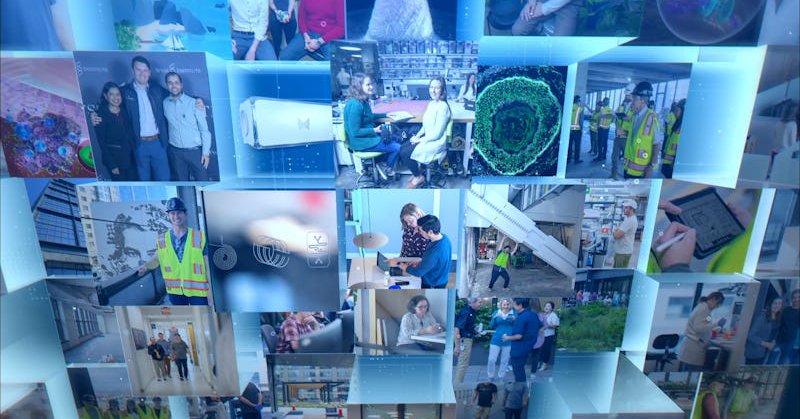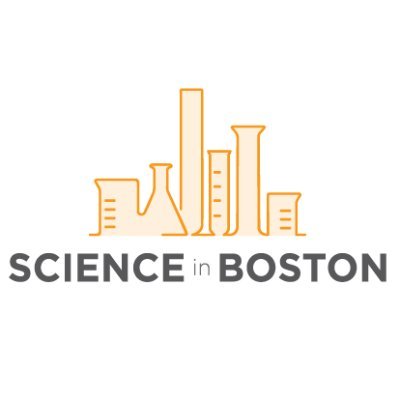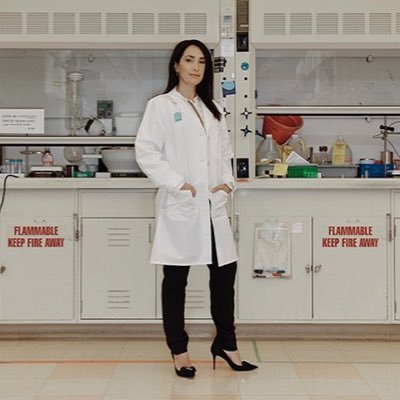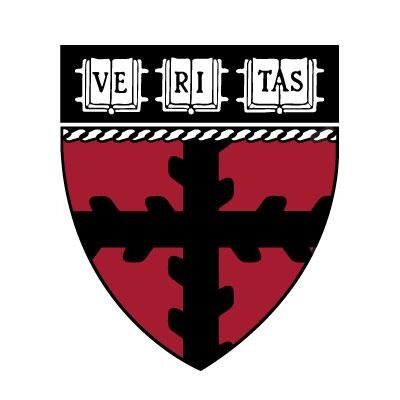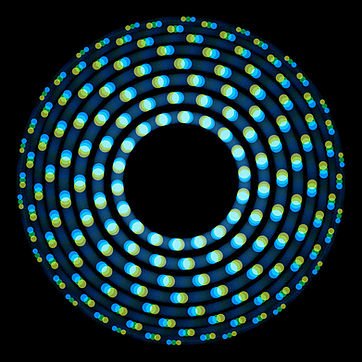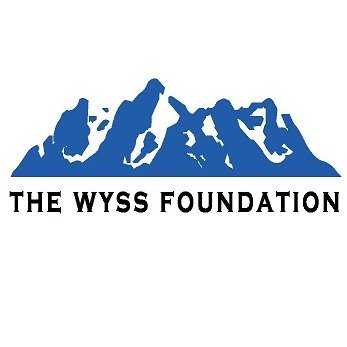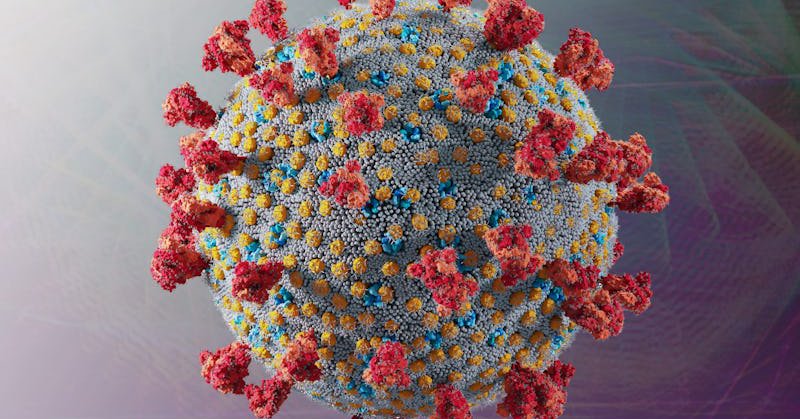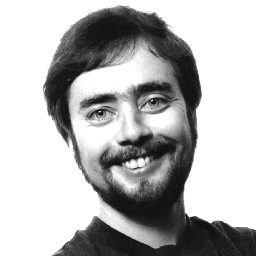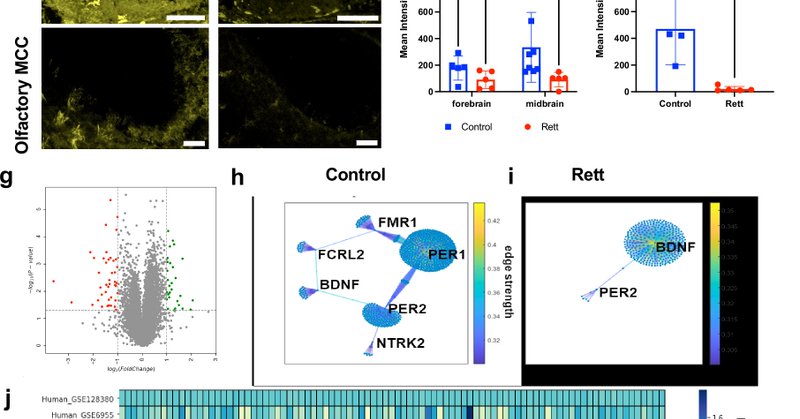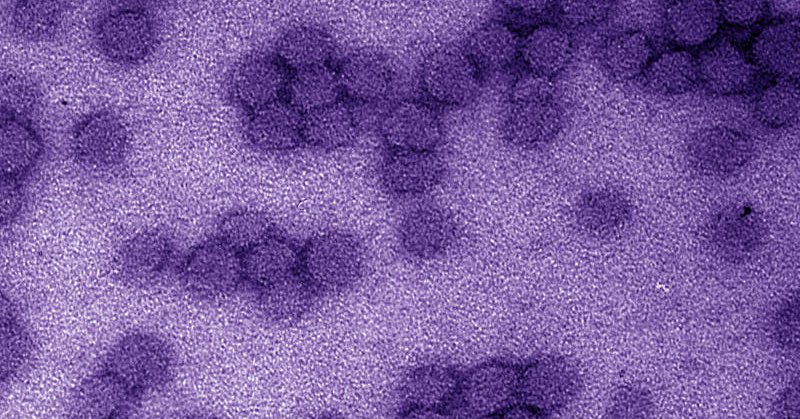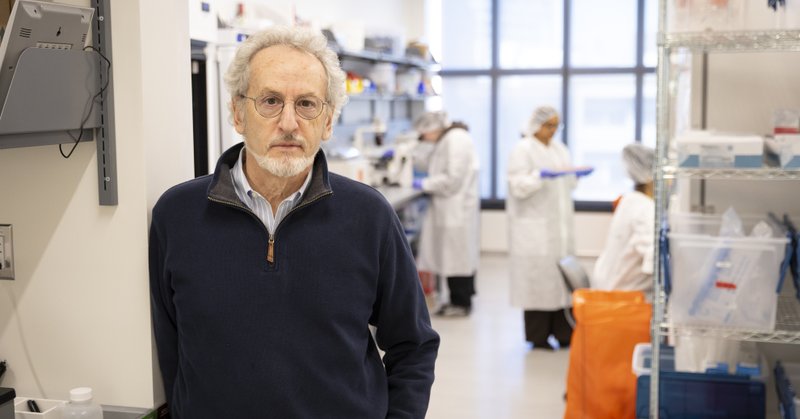
Wyss Institute
@wyssinstitute
Followers
28K
Following
13K
Media
4K
Statuses
13K
The Wyss Institute seeks to transform engineering, medicine and the environment by creating new materials and devices using Nature’s design principles.
Harvard University
Joined April 2010
Prior to the Wyss' founding in 2009, a working group at Harvard University assembled envision the future of biomedical engineering. Now, we see the how this foundation led to successful technologies positively impacting human and planet health. https://t.co/z3cWeOh0v5
wyss.harvard.edu
Prior to the Wyss Institute’s founding in 2009, a working group at Harvard University assembled envision the future of biomedical engineering. Now in 2023, we see the how this foundation led to...
5
6
20
💡 Researchers from the @WyssInstitute have showed they can use messenger RNA to activate the pathway and trigger the immune system to attack tumors! Check out the work from Dr. @NatalieArtzi's lab in PNAS: https://t.co/fueVk1TWXT Press release: https://t.co/hVsOKaE6cN
0
4
13
Researchers harness tumor cells to boost antitumor immunity in preclinical cancer models, in a new @PNASNews study. Read more: https://t.co/aarL0BfNBs
https://t.co/1hrdY9uWn8
@NatalieArtzi @wyssinstitute
0
2
7
A nonsurgical brain implant enabled through a cell–electronics hybrid for focal neuromodulation https://t.co/omusdyJiiV
4
16
50
Clinical researchers and bioengineers at SEAS and the @wyssinstitute have developed slowly biodegradable, injectable biomaterial scaffold vaccines that could solve the problem of device infection in patients. https://t.co/2mZYKUDFOK
0
1
6
We’re excited to share a new multi-year collaboration with @TakedaPharma, building on the success of our first engagement. Under the agreement, Nabla will receive double-digit millions in upfront and research payments and is eligible for success-based payments exceeding $1
7
21
122
Just published in ACS Central Science—our latest work using the Centrifuge Force Microscope to quantify immune-cell interactions. The new setup combines high-throughput force spectroscopy with multichannel fluorescence for single-cell studies. https://t.co/sRLCxSaYui
0
7
12
Stem Cell Differentiation Method Induces Meiosis to Address Infertility A new approach triggers #meiosis, the cell division process responsible for producing egg and sperm, to aid future fertility treatments @geochurch @wyssinstitute
#infertility #iPSCs
https://t.co/nljpYLbX5m
genengnews.com
A new approach triggers meiosis, the cell division process responsible for producing egg and sperm, to aid future fertility treatments.
0
5
8
Grantee the @wyssinstitute (Wyss Institute for Biologically Inspired Engineering at Harvard) announced last month that it developed a new drug to treat coronaviruses using AI dynamic modeling! 👩🔬💊 #medicine #innovation #health
https://t.co/y4pROEZVFB
wyss.harvard.edu
By Benjamin Boettner (BOSTON) — About 30% of all respiratory tract infections are caused by coronaviruses, leading to widespread illnesses and, in some cases, to epidemic and even pandemic outbreaks,...
0
1
2
What a week! I am thrilled to have participated in the @CRSScience Annual Meeting in Philly. And incredibly honored to have received the CRS Presidential Poster Award! 🎉 A heartfelt thank you to @criscancer for funding this research at @Harvard
@wyssinstitute 💚 @CRS_SPLC
0
2
6
Congratulations to @SMitragotri for receiving the Founder’s Award from the Controlled Release Society, recognizing outstanding contributions to the field as well as exemplary leadership and impact on the scientific community. @wyssinstitute @CRS
5
8
91
New paper out, amazing team @wyssinstitute - @DonIngber @mmsperry @anishvasan and many others https://t.co/KhV3vWsHlV "AI-enabled drug prediction and gene network analysis reveal therapeutic use of vorinostat for Rett Syndrome in preclinical models"
nature.com
Communications Medicine - Novak, Lin et al. use AI computational drug prediction and CRISPR-enabled in vivo disease modeling to identify therapeutic strategies for the treatment of Rett syndrome....
7
32
164
Self-assembling protein nanoparticles for cytosolic delivery of nucleic acids and proteins https://t.co/kp37s89RA0
0
30
122
Outstanding collaborative effort to advance the field of non-viral delivery systems for genome editors, nucleic acid, and protein therapeutics @BIDMCSurgery @wyssinstitute @harvardmed @mit_hst Much thanks to @davidrliu and @somaticediting consortium! https://t.co/3u6hCEalog
wyss.harvard.edu
By Lindsay Brownell (BOSTON) — Getting medicines into the cells they’re designed to treat is a perennial problem for the medicine and pharmaceutical industries, and patients often suffer from side...
Excited to share our work developing Elastin-based Nanoparticles for Therapeutic delivERy (ENTER), a non-viral protein nanoparticle system for nucleic acid and protein delivery @NatureBiotech @echaikof! A 🧵on the iterative process of engineering ENTER and applications (1/17):
0
2
17
The May issue is live https://t.co/m0QPUs2bbA On the cover, a platform for template-independent enzymatic synthesis of RNA oligonucleotides using reversible terminator nucleoside triphosphates that offers a sustainable alternative to traditional methods https://t.co/gl65vMEmqP
0
33
99
New preprint on single-molecule mechanostructural fingerprinting! https://t.co/AhoHsJAylg We use DNA nanoswitch calipers to characterize the geometry and mechanical stability of telomeric DNA G-quadruplexes. #Biophysics #SingleMolecule #Mechanobiology #DNAnanotech
0
8
38
Don Ingber, the @WyssInstitute’s founding director, said a stop-work order targeted two of his organ-on-a-chip projects. He details the rush to hold onto the consequential projects, talented researchers — and system that has driven American innovation.
news.harvard.edu
Wyss Institute’s Don Ingber details rush to hold onto major projects, talented researchers — and system that has driven U.S. innovation .
8
15
41
Excited to share our new preprint! It's a light-guided approach for precise and programmable molecular patterning, enabling multiplexed single-molecule force spectroscopy—no lithography needed. Read more at @biorxivpreprint: https://t.co/RQcFVQv4tD
#Mechanobiology #SingleMolecule
1
14
52
For anyone who cares about their neighbors & the health of their loved ones, let's fight again for freedom. Now, it's not about taxation without representation; it's about science funding cessation without justification. If this resonates, please share.
wyss.harvard.edu
By Donald Ingber, M.D., Ph.D. I live in Boston’s South End less than 1000 feet from what was the original narrow neck of the city through which William Dawes rode his horse out from the town gates a...
2
12
30
In the face of adversity, we at the @wyssinstitute won't stop pursuing our mission. We'll support our community, which has devoted itself to saving the lives of others & the planet. To do that, we need your help. Take a stand & show that science matters. https://t.co/1LWb116OxU
wyss.harvard.edu
By Don Ingber Credit: Wyss Institute at Harvard University On April 11, we at the Wyss Institute welcomed more than 550 researchers, industry leaders, physicians, and entrepreneurs to our Annual...
1
10
40
A multidisciplinary research team at the @wyssinstitute has developed a new coating technology that holds promise to substantially increase the lifespan of implanted and wearable biosensors while retaining their electrical signaling activities
wyss.harvard.edu
By Benjamin Boettner (BOSTON) — Wearable and implantable biosensors that can accurately detect biological molecules in a non- or minimally invasive manner have vast potential for monitoring patients’...
3
13
44

